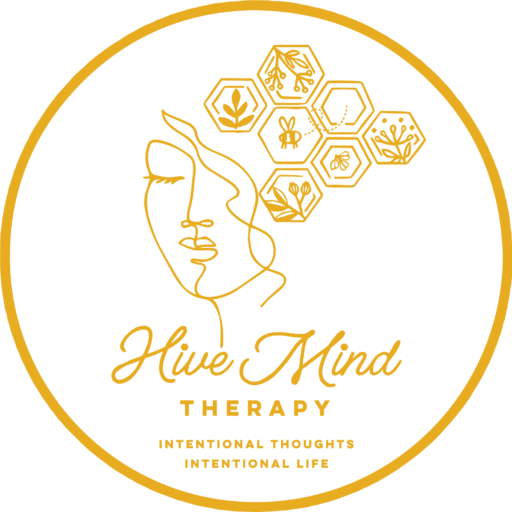In today’s fast-paced world, where stressors abound and mental health concerns are increasingly prevalent, it’s crucial to adopt intentional thoughts and proactive measures to safeguard our well-being. This blog post delves into the importance of not letting a diagnosis define your entire identity, emphasizing resilience, seeking support, and employing various strategies for mental health maintenance.
- Beyond the Diagnosis:
Receiving a mental health diagnosis can be challenging, but it’s essential to remember that it’s just one aspect of your identity. Don’t let it consume your entire sense of self. Acknowledge the diagnosis, but also recognize the multifaceted nature of who you are.
- Building Resilience:
Resilience is the cornerstone of mental well-being. Cultivate the ability to bounce back from adversity by developing a positive mindset and learning from challenges. Resilience empowers you to face difficulties without letting them define your narrative.
- Seeking Support:
You don’t have to navigate the journey alone. Reach out to friends, family, and support groups. Individual therapy provides a safe space to explore your thoughts and emotions, while group therapy fosters a sense of community and shared understanding. Online resources offer a wealth of information and virtual support networks.
- Medication Compliance:
If prescribed medication is part of your treatment plan, adhere to it consistently. Medication can play a crucial role in managing symptoms, helping to stabilize mood and create a foundation for other therapeutic interventions.
- Regulating Your Nervous System:
Understanding and regulating your nervous system is key to managing stress and anxiety. Explore mindfulness techniques, deep breathing exercises, or progressive muscle relaxation to promote relaxation and balance.
- Emotional Regulation:
Learn to identify and regulate your emotions. Recognize that emotions are natural, but it’s essential to manage them constructively. Mindfulness and grounding exercises can be powerful tools for staying present and managing overwhelming emotions.
- Cognitive Distortions and Thought Patterns:
Challenge and reframe negative thought patterns. Cognitive distortions can contribute to feelings of despair or hopelessness. Cognitive-behavioral therapy (CBT) is an effective therapeutic approach for recognizing and altering these distortions.
- Cognitive Behavioral Therapy (CBT):
CBT is a therapeutic modality that focuses on changing unhealthy thought patterns and behaviors. Engage in CBT to develop coping strategies, problem-solving skills, and a more positive outlook.
- Problem-Solving Skills:
Develop effective problem-solving skills to tackle challenges methodically. Break down problems into manageable steps and explore solutions. This proactive approach empowers you to address difficulties rather than feeling overwhelmed by them.
- Mindfulness Practices:
Incorporate mindfulness practices into your daily routine. Mindfulness helps anchor you in the present moment, reducing stress and fostering a greater sense of control. Explore meditation, yoga, or mindful breathing exercises.
Conclusion:
Remember, mental health is a journey, not a destination. By intentionally shaping your thoughts, embracing resilience, and seeking various forms of support, you can cultivate a robust foundation for your well-being. Be proactive in your approach, and don’t let a diagnosis overshadow the richness of your identity. You have the power to shape your narrative and live a fulfilling life.

